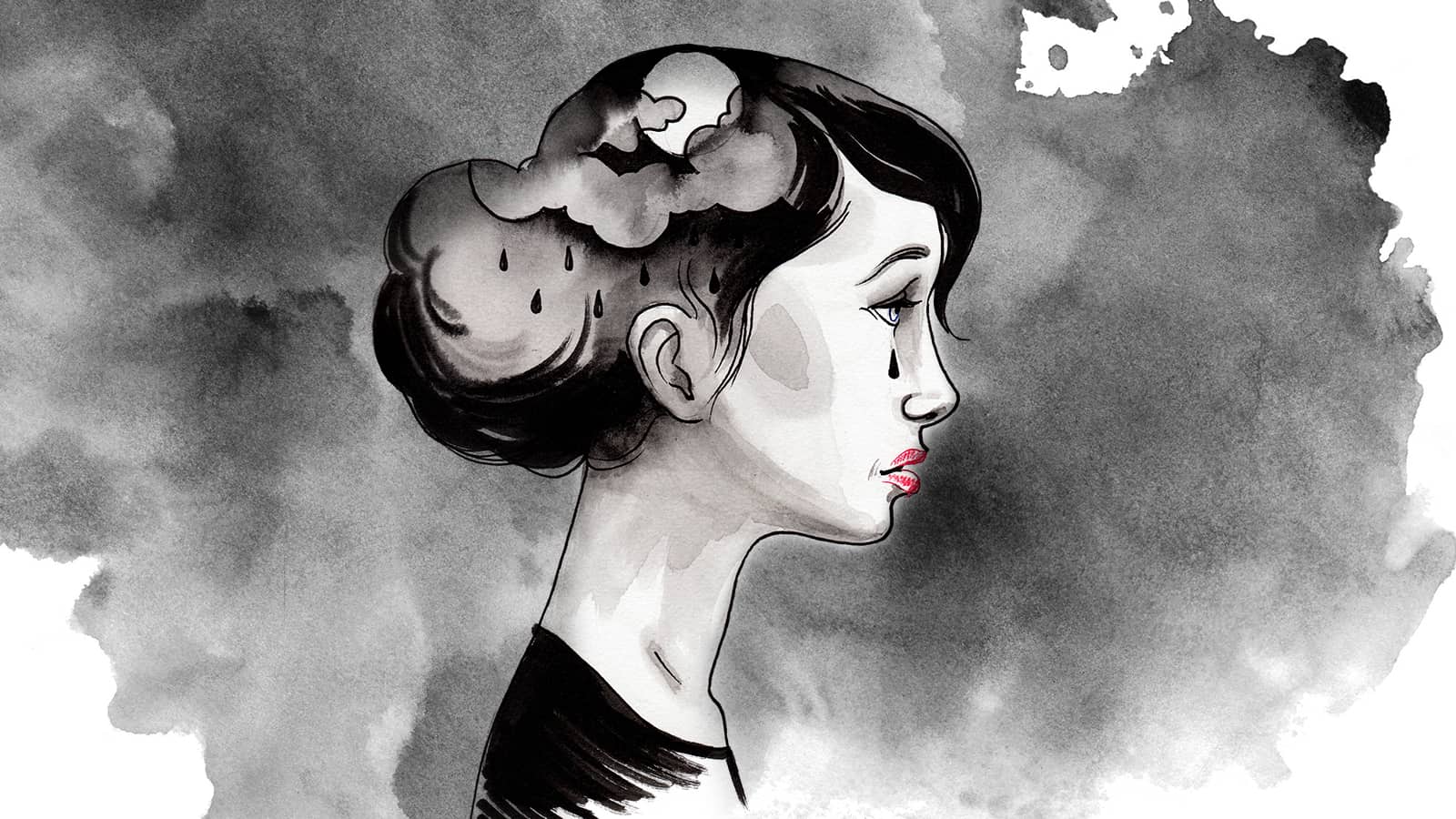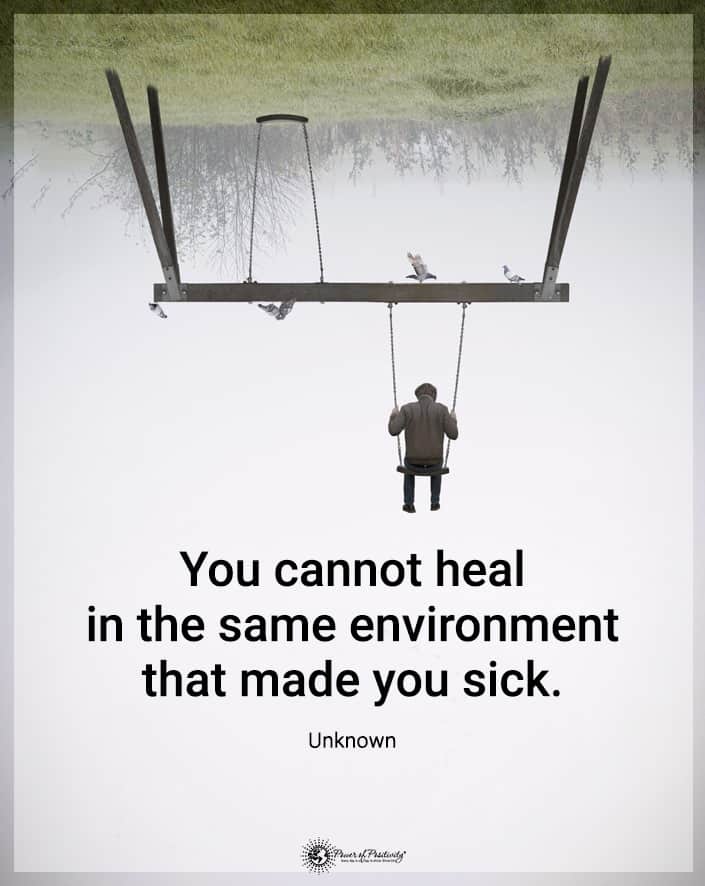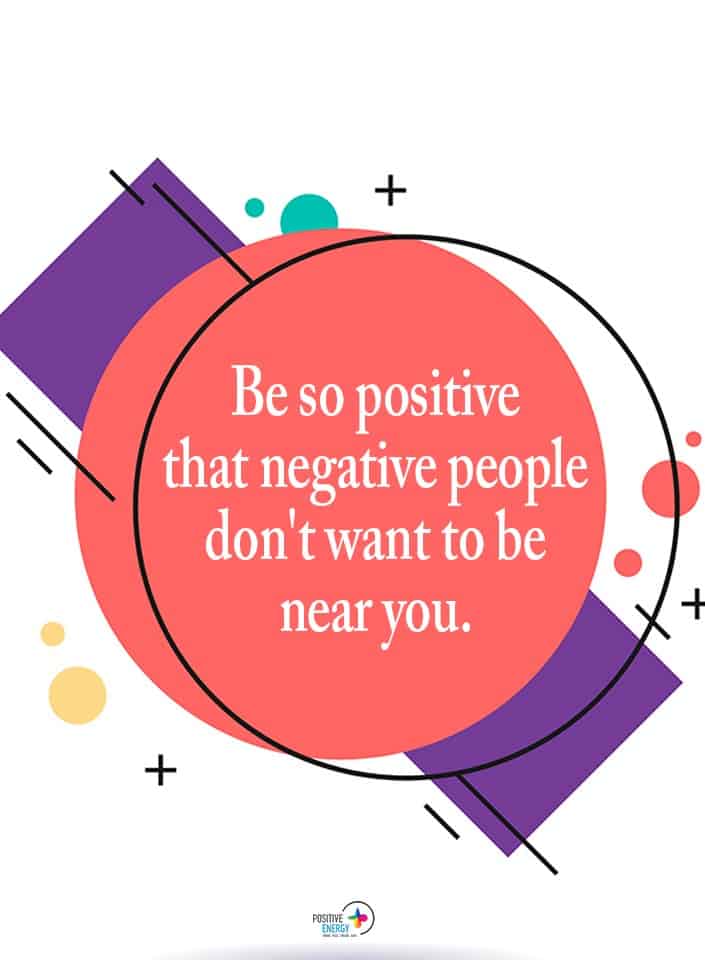People pay a lot of attention to physical cuts and injuries. But what about emotional ones? Though they don’t often get the care they deserve, they can be just as detrimental to you. Left to fester, emotional harm, pain, and injury can lead to various mental health problems.
But it’s also not easy to avoid emotional harm in life. After all, the world is full of various stressors, unexpected circumstances, and challenging experiences. How are you meant to survive them all? Here are six habits that help prevent or reduce emotional harm.
1. Articulate Your Worries To Reduce Emotional Harm
Many people keep their worries quiet, holding them inside their heads. You might do this because you feel like your worries are silly or that they may burden others if you talk about them. There’s a balance that must strike, however. Holding in your concerns can unintentionally lead to emotional harm because:
- Thoughts can be disorganized, making it hard to make sense of worries in your mind.
- Worries can become stuck on a loop, causing them to turn into rumination and anxiety.
- You may try to repress your worries, which will only worsen their effects and cause more complex issues.
Instead of risking this emotional harm, find ways to articulate your worries positively. Here are some methods you can use:
· Write Your Worries Out
Writing your worries down allows you to express them and untangle them into a tangible form. This helps prevent you from getting stuck in thought loops and gives you room for safe expression. Allow yourself to write freely without judging yourself or holding back. It’s okay if it’s messy – what matters is expressing it. Having all of this in writing will also let you reflect on them later. You can use anything from a piece of paper, a journal, a notes app, or a document on your computer!
· Converse With Yourself
Have you ever tried getting in touch with your subconscious? Talking to yourself feels foolish at first, but it’s a helpful tool. Talk to yourself and ask yourself probing questions about your worries and where they stem from. View your subconscious as you would a friend in need. You might find that you can work things out with yourself once you treat yourself with this kindness!
· Talk To Others
Speaking to someone about your worries can ease the burden that you carry. Ask to vent to a trusted individual, and you’ll be surprised how much you can work out just by speaking out loud. You can talk to family, friends, a mentor figure, support groups, networks, or even a professional therapist. As long as you trust the person you’re speaking to. You can benefit from expressing your worries to them. It’ll also give you the chance to ask them for advice, should you want or need it.
2. Fill Your Time Well To Prevent Emotional Harm
Emotional harm can often be a product of excessive idleness. If you have free time to choose to spend as you wish, you’ll have to choose wisely. Specific activities will contribute to negative feelings and can be a point of exacerbation for pre-existing problems. Here are some ways to fill your time well:
· Engage In Hobbies
Finding something you’re passionate about can fill your time quickly! You’ll get to be creative, sharpen your skills, and do something that makes you feel good, all at once. If you don’t currently have a hobby, try seeking out local groups and clubs for things you’d like to try. You can also attend classes or join online communities. Take your time discovering what you love!
· Reduce Time Spent On Social Media
It’s easy to spend hours scrolling through the internet and various platforms. This fast-paced, constantly plugged-in way of living isn’t ideal for your health and can contribute to emotional harm. Don’t fill all your spare time with devices, and keep track of your screen time!
· Rest
That’s right, filling your time well doesn’t need to be about being productive in the traditional sense. Resting is essential for reducing emotional harm. It gives you the chance to catch a breather, relax, and recharge. Make sure you’re making time for self-care and me-time. Don’t feel guilty for taking that time for yourself!
3. Reduce Emotional Harm By Practicing Mindfulness
Mindfulness is a practice that is well-known for preventing emotional harm. Studies show that just two months of using this technique can improve the concentration of gray matter in the brain. This improvement boosts emotional regulation and provides numerous mental health benefits.
While mindfulness isn’t a cure-all, it’s also not something you should overlook! The process involves paying attention to the present by immersing yourself in awareness. This awareness involves your physical body and emotions all at once. This keeps you grounded, allowing you to experience your life as it comes. It can help you better understand your feelings and develop a stronger awareness and control over them.
To practice mindfulness as part of your life, you should pay attention to all your senses during your everyday life. This includes sounds, tastes, smells, and textures that you’re used to and take for granted. Also, note how your body and mind respond to these senses!
In addition, don’t repress, push away, deny, or avoid your emotions, even when they’re complex. Focus on acceptance without judgment and move on from there. Ultimately, be patient with yourself; mindfulness is a hard habit to learn and may not work right away.
4. Ask For Feedback From Others To Decrease Emotional Harm
Emotionally intelligent people are always interested in the feedback of others. You might think that this only opens you up to emotional harm, but it’s good for you in the long run. Every person has blind spots, and you do too. As such, there are things you’re not going to consider or notice until someone points it out to you – or until you learn it the hard way.
You shouldn’t ask for feedback from everyone, of course! The goal is to request it from those you trust, whether in a professional or personal sense. This feedback, when given constructively, will allow you to consider your shortcomings productively. Some people may hesitate to be direct and honest with you, so take your time developing this back-and-forth with those you know you can count on. Make them feel safe opening up to you!
Is it a little uncomfortable at first? Yes, definitely! But ultimately, it’s so good for you in the long run. If you need some time to work your way up to it, you can start with various forms of advice-filled media. Many problems you face may be familiar enough that someone’s made content about how to work to overcome those issues!
At the same time, however, learn what feedback isn’t vital to you. Some people’s advice will be bad, causing further emotional harm. Be assertive and think for yourself, setting boundaries against those you don’t trust!
5. Reduct the Change of Emotional Harm By Engaging In Social Connection
Human beings are very social by nature, and we’ve been social since the dawn of time! Studies have shown that one of the best ways to prevent emotional harm is forming positive social connections. Other research indicates that good relationships improve stress tolerance and mental health.
You don’t need to be the life of the party to benefit from social connection to reduce emotional harm. It’s arguably better to be more selective of your social circle for this purpose. You can:
- Dedicate more time to family and close friends.
- Join communities and groups for common interests or support.
- Be mindful of your relationships and nip toxic ones in the bud.
- Confide in the people you trust most.
- Express your appreciation for the people who are good to you and for you in your life.
6. Fuel Your Body To Decrease Emotional Harm
As cliche as it sounds, your brain functions best when your body is healthy. It would be best if you fueled your physical health well to gain mental and emotional benefits. This doesn’t have to be taken to an extreme fitness guru level, but it must be moderate and follow medically recommended amounts.
You may not realize it, but the act of ignoring your body’s needs can be categorized as self-harm. And we all know that self-harm is a form of emotional harm as much as it is physical! So make sure your body gets what it needs by fueling it in the following ways.
· Eat Well
You don’t have to go on a significant diet to eat healthily. Simply being mindful of your food choices is a much more sustainable option for emotional harm prevention. Studies have seen many benefits of a healthy diet for symptoms of anxiety and depression, even to the point where they can be used as standalone treatments for these issues. Try to reduce your intake of processed foods, refined sugars and carbohydrates, trans fats, and excessive dairy. Focus on whole foods, fresh produce, and moderation above all!
· Exercise
Exercise can make you feel tired, but it ultimately fuels and strengthens your physical health and protects your brain. Research shows that exercise can prevent depression, with some studies showing they reduce symptoms in those who already have the disorder. Half an hour of physical activity five times a week is a pretty good long-term goal if you’re not interested in intensive workouts. Just get your heart pumping for a little while every day in any way you prefer! You can go for a walk, hit the gym, do some dancing, garden, or even take the stairs instead of the lift.
· Get Enough Sleep
Those who lack sleep face greater levels of emotional harm. Your body needs to rest to function at its best. Without that much-needed rest, you’ll feel dizzy, fatigued, and more emotionally volatile. You should be getting between seven and nine hours of sleep each night for the best physical and mental health. If you have sleep issues, addressing them is a big step in reducing emotional harm!
Final Thoughts On Some Habits That Help Prevent Or Reduce Emotional Harm
It’s not always easy to reduce or prevent emotional harm, but it can be done. You can do this by articulating worries, filling time well, practicing mindfulness, listening to feedback, being socially connected, and fueling your body. These habits, while simple on the surface, will work wonders for your emotional wellbeing!





















